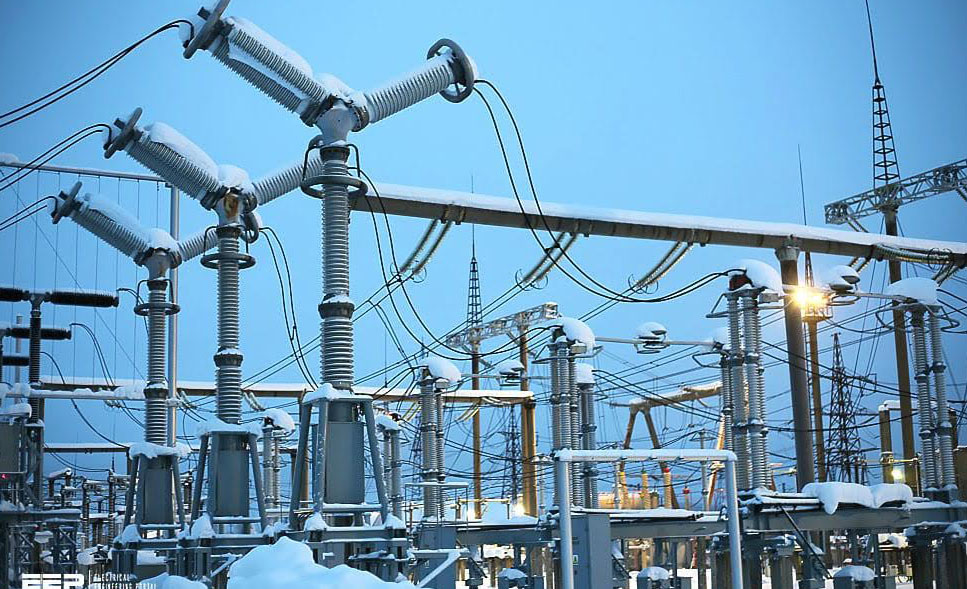In a move to address Nigeria’s longstanding electricity challenges, the Federal Government has unveiled plans to provide Nigerians with at least 20 hours of daily power supply by 2027. However, this ambitious target is contingent on securing sufficient investment in the country’s oil and gas sector, which has been underperforming despite its vast resources.
Olu Verheijen, the Special Adviser to the President on Energy, made the announcement at the Energy Week conference in Cape Town, South Africa, emphasizing the Tinubu administration’s commitment to revitalizing Nigeria’s power sector.
Recurring Grid Collapses and Inadequate Generation
Verheijen’s statement comes amid the frequent collapse of Nigeria’s national power grid, which has led to widespread blackouts across the country.
The Transmission Company of Nigeria (TCN) has attributed Thursday’s grid collapse to ongoing repair works and upgrades, which are being undertaken to address the identified weaknesses in the transmission system. TCN has assured the public that all necessary measures are being taken to ensure the grid’s long-term stability.
Despite having an installed capacity of approximately 12,500 megawatts, Nigeria often generates only a fraction of this, leaving many areas without reliable electricity. This underperformance has been a source of frustration for both policymakers and citizens.
Reforms to Attract Investment
To address these challenges, the Tinubu administration has introduced a series of macroeconomic reforms aimed at attracting investment into the energy sector. These include the removal of the petrol subsidy and the liberalization of the foreign exchange market.
Verheijen noted the government’s efforts to create a more favorable investment landscape, including the introduction of fiscal incentives targeting deep offshore and non-associated gas projects. This marks the first time Nigeria has outlined a specific fiscal framework for deepwater gas exploration and production.
Streamlining Regulatory Processes
In addition to fiscal incentives, the government is also working to streamline the regulatory processes in the oil and gas industry. Verheijen stated that the administration’s goal is to reduce the contracting timelines from the current 38 months to just 135 days, while also eliminating the 40% cost premium associated with operating in Nigeria.
“Our target is to shorten the contracting timelines from an extensive 38 months to just 135 days, while also working to eliminate the 40 per cent cost premium that currently exists within the Nigerian petroleum industry,” Verheijen explained.
Unlocking Investments and New Projects
These reform efforts have already yielded some tangible results, with the government revealing that over $1 billion in investments has been unlocked across the energy value chain. Additionally, Verheijen stated that the country expects to see the final investment decision (FID) on two more major projects, including a multibillion-dollar deepwater exploration project, by mid-2025.
“We have unlocked over $1 billion in investments across the value chain and by the middle of 2025, we expect to see FID on two more projects, including a multibillion-dollar deepwater exploration project, which will be the first of its kind in Nigeria in over a decade – one of many to come,” the presidential aide said.
Optimizing Oil and Gas Production
Verheijen also acknowledged Nigeria’s historical underperformance in oil and gas production despite its vast resources. She cited the example of Brazil, which holds only 30% of Nigeria’s oil reserves but produces 131% more than the country’s current output.
To address this disparity, the government is actively working to facilitate the transfer of onshore and shallow water assets to local companies with the capacity to grow production. The administration is also supporting the transition of international oil companies with resilient capital into deep offshore and integrated gas projects.
Upcoming Challenges and Ongoing Efforts
While the government’s initiatives are aimed at improving the power supply and unlocking investments in the energy sector, Verheijen cautioned that some degree of instability in the system is likely to persist until all major works are completed.
As Nigeria embarks on this ambitious path to provide 20 hours of daily power supply by 2027, the success of the government’s reforms and the willingness of investors to participate in the country’s energy sector will be essential in determining the outcome.

Leave a Reply